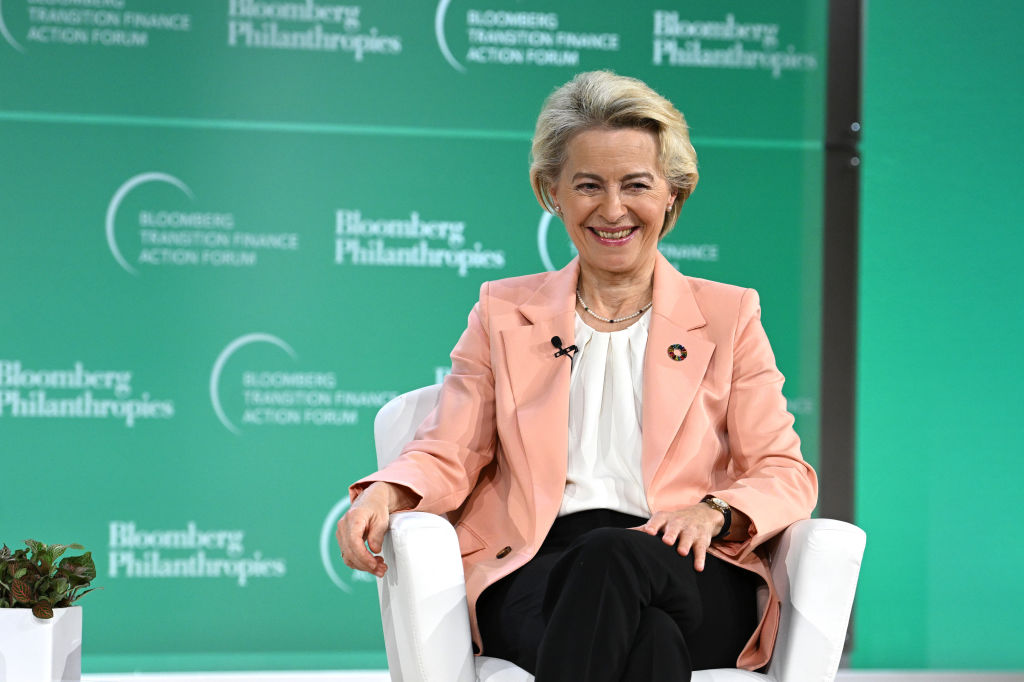2023 has been an important year for conservative and Right-wing parties in Europe. 2024, however, will be truly decisive. If the general trend turns into European Parliament seats in June, and if after that conservatives and nationalists manage to find common ground amongst themselves and with the centre-Right, European politics could be reshaped.
The continent’s political map has changed a lot during the last twelve months. A change of guard has been established in Italy, where Giorgia Meloni’s Brothers of Italy now governs in alliance with Matteo Salvini’s Northern League, after winning the general elections in 2022. In Sweden, the Sweden Democrats party has also been shifting a traditionally socialist country to the Right. In Finland, Petteri Orpo’s new conservative coalition government has come to power, also comprising the Right-wing Finns Party. And recently, Geert Wilders surprise win in the Netherlands shocked Brussels and the world.
Of course, things have not gone Right everywhere. In Spain, the Popular Party and Vox failed to win a majority, thus allowing the socialists to return to power. In Greece, three small Right-wing parties did enter parliament, but without any significant political leverage, therefore permitting conservative-in-name-only Mitsotakis to swing further to the left.
In Poland, the ruling PiS was ousted by Donald Tusk’s “task force”, despite coming first at the ballot with 35 per cent.
The Polish result in particular had an impact on the European level too, weakening the ECR, of which the PiS is a member. Until recently, the ECR, where Giorgia Meloni is the current powerhouse, was expected to emerge in the 2024 European Elections as the European Parliament’s strongest Right-wing party. Now, according to projections published in early December by EU Matrix, it is the Identity and Democracy (ID) party that appears to be in better shape ahead of June’s elections.
Polls suggest that the ID Group – home of Le Pen’s National Rally, the German AfD, and Salvini’s Northern League – will overtake the ECR. This is not only due to the fact that Marine le Pen appears to lead the race in France, but also because of new members like Gert Wilders’ PVV, the Polish Konfederacja, the Romanian AUR and the Bulgarian Revival. In fact, the ID may even outplace liberal Renew as the third largest party in the House.
What is more important, though, is that ID and ECR combined may end up having more seats than the socialists. This means that, when it comes to forming parliamentary alliances that can muster enough votes to make decisions, the EPP would have a conservative alternative to its long-standing cooperation with socialists and liberals. Siding with the Right may actually occur out of political necessity for the EPP, as many of its voters adopt more conservative views.
During the last decades the EPP and S&D have been voting together in almost 90 per cent of cases, practically excluding conservatives from the decision making process. From June on this is expected to change. Political signs already foretell a shift: The centre-Right cooperated with conservatives on the green agenda last summer, and it has lately been adopting a tougher stance on illegal immigration.
Conservative and Right-wing parties can play a decisive role on many fronts. From deciding on the next European Commission, immigration and the green agenda, to LGBTQ+ issues and European foreign policy – and especially vis a vis Ukraine – they can voice the views and concerns of citizens that feel ignored by the ruling elites. The Right has been on the rise around Europe for some time now. 2024 may be the year to cash this out institutionally.
Konstantinos Bogdanos served as a member of the Greek parliament from 2019 to 2023





Let’s stand up for Christmas